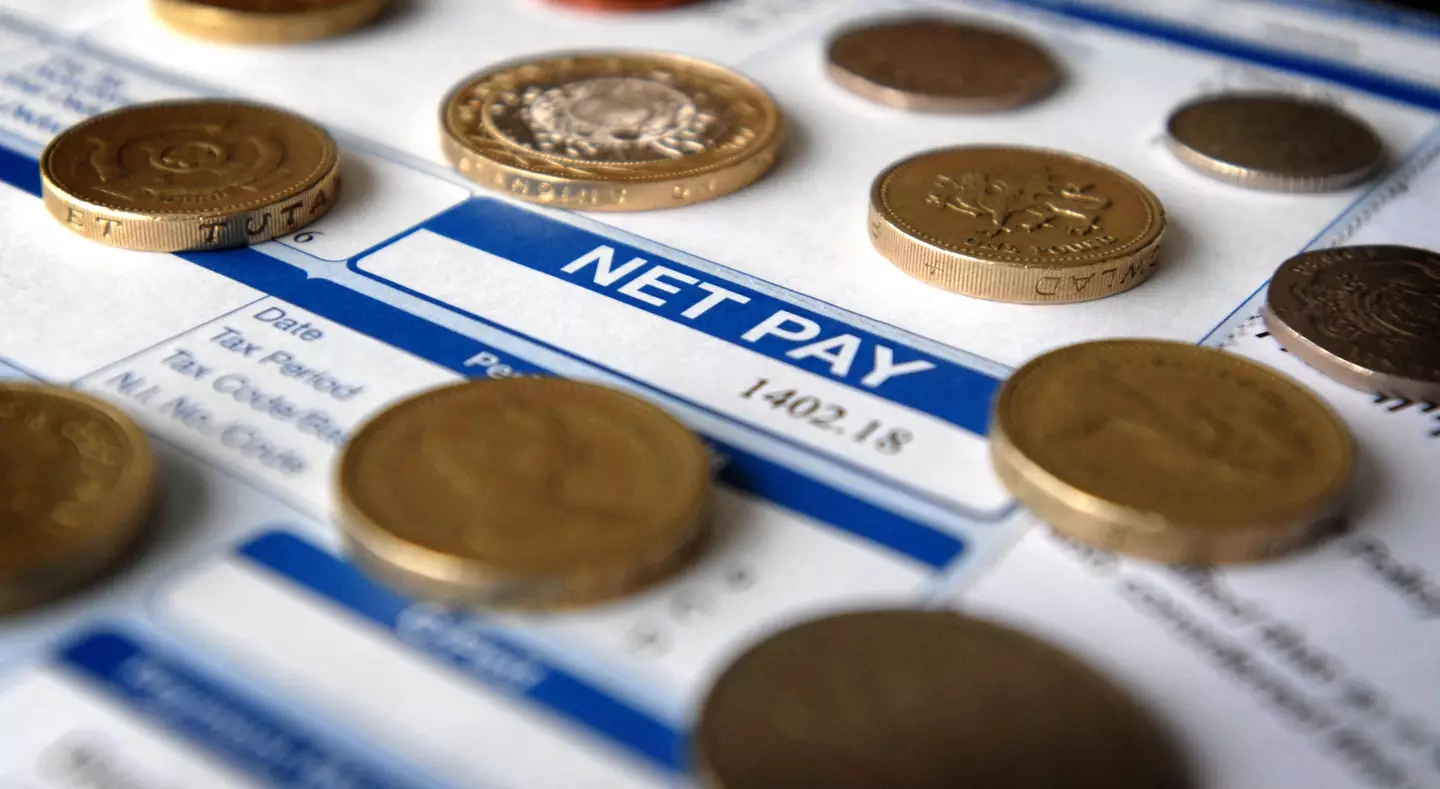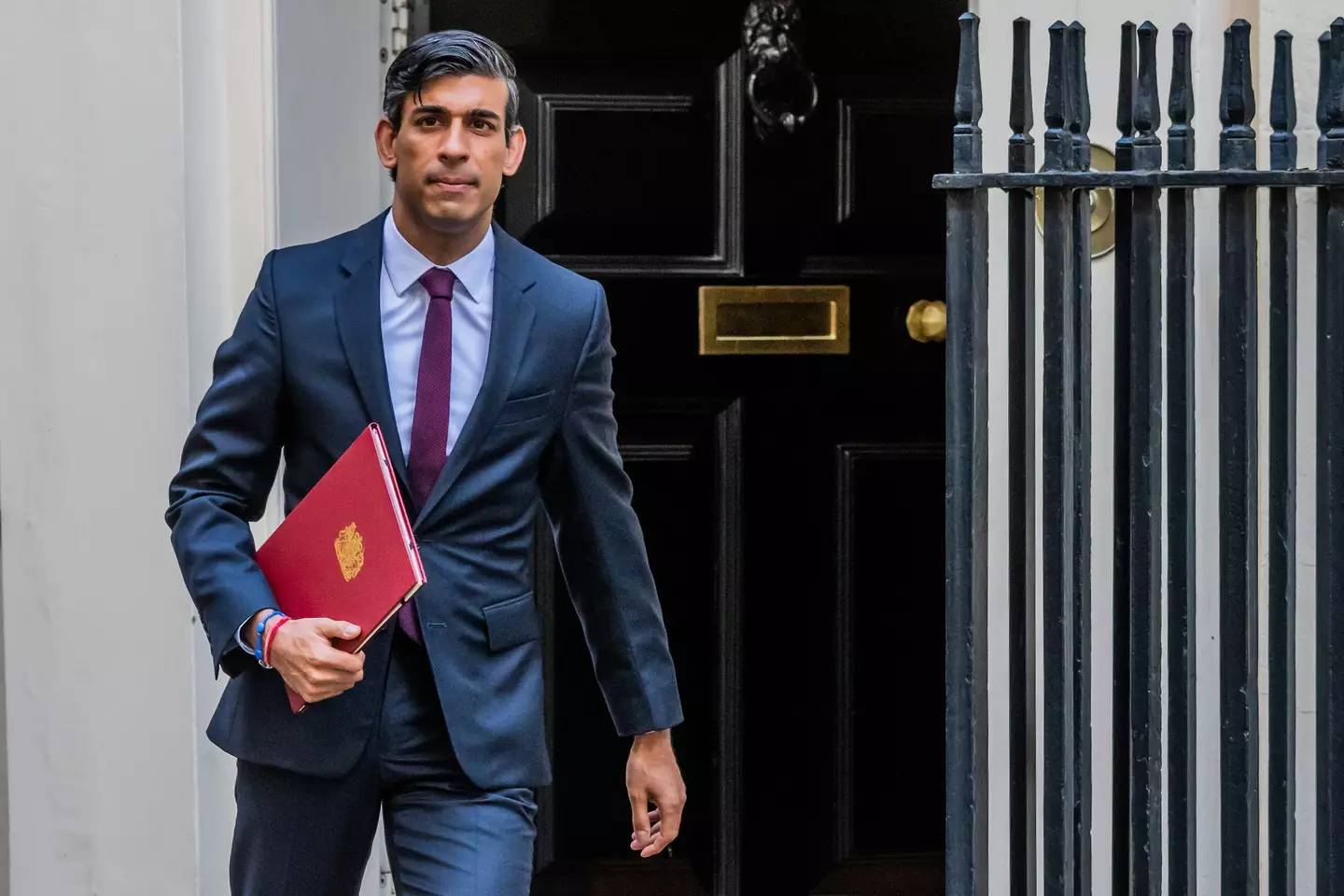.webp)
In a major new change that will benefit billions of people, the UK's living wage is set to be raised.
According to The Times, Rishi Sunak will announce a ‘significant’ rise in the national living wage, while also providing eight million households much-needed cost of living payments worth up to £1,100.
The hourly rate for minimum wages depends on your age and whether or not you’re an apprentice.
Advert
The national minimum wage applies to those of at least school leaving age, while the national living wage is the minimum rate for those aged 23 and over.
Currently, these are:
23 and over: £9.50
21-22: £9.18
Advert
18-20: £6.83
Under 18: £4.81
Apprentice: £4.81
The Times said it had been told that the prime minister and his chancellor Jeremy Hunt are due to accept an official recommendation to increase the living wage from £9.50 an hour to about £10.40 an hour, marking a rise of nearly 10 percent and a change that is thought to affect 2.5 billion people.

“One government source suggested that the increase could be even higher,” the outlet added.
Advert
As the government website explains, the rates for national minimum wage and national living wage change every year on 1 April.
Between April 2021 and March 2022, the national living wage was £8.91, while the year before April 2021, the national living wage was £8.72 - and applied to those aged 25 and over, rather than 23.
As an extension to existing support, Sunak is also expected to provide cost of living payments worth £650 to those on means-tested benefits such as universal credit, along with payments of £150 to disability benefit recipients and £300 to pensioner households.

According to The Times, the plans will see some households ‘benefiting from all three payments’, but that all households will still see a ‘significant rise’ in average energy bills as the government increases the energy price guarantee from April – seeing the average climb from £2,500 to as much as £3,100.
Advert
The newspaper said Sunak and Hunt have also said they will prioritise the poorest, meaning middle-income and wealthier households will ‘shoulder the burden of tax rises’ in this year’s autumn statement, set to be announced on Thursday (18 November).
Altogether, the pair have drawn up plans for £33 billion worth of spending cuts, along with £22 billion in tax rises.
Featured Image Credit: ShutterstockTopics: UK News, Rishi Sunak, Money